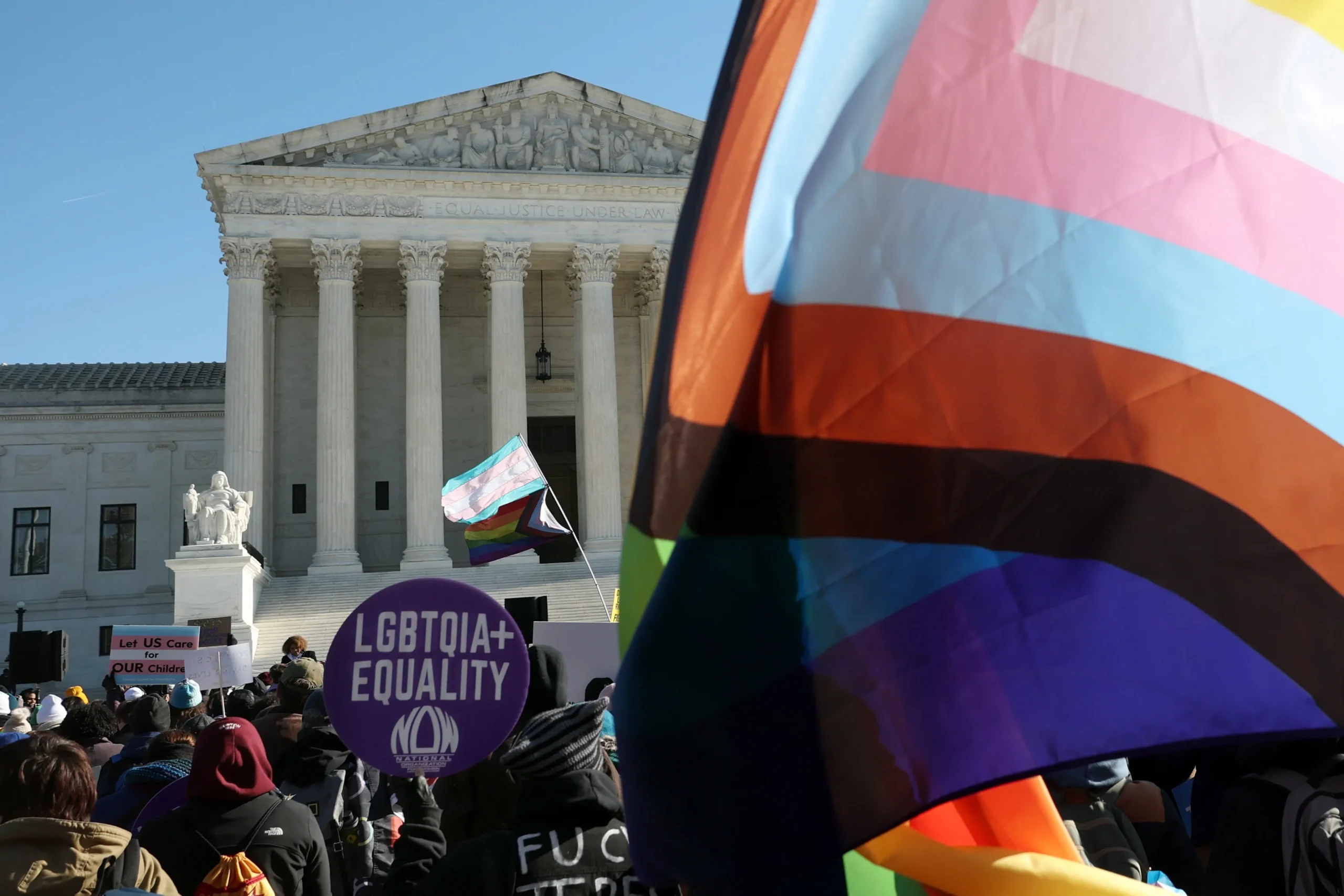Obergefell Under Fire: Will the Supreme Court Revoke Same-Sex Marriage Rights?
On June 26, 2015, the landmark Supreme Court decision in Obergefell v. Hodges legalized same-sex marriage across the United States, affirming that the Constitution guarantees this right for all couples. However, recent political movements and legal challenges have raised concerns about the future of marriage equality. As various state legislatures, including Idaho’s House, push to challenge or overturn this ruling, LGBTQ advocates are increasingly alarmed about potential reversals of hard-won rights.
The Supreme Court’s 2022 decision to overturn Roe v. Wade has further fueled fears among LGBTQ rights advocates. Justice Clarence Thomas’s concurring opinion in that case suggested that other precedents, including Obergefell, could be reconsidered. This has led to a heightened sense of urgency among same-sex couples, many of whom are rushing to marry in an effort to secure their rights before any potential changes occur.
The Respect for Marriage Act, passed by Congress in 2022, aimed to codify same-sex marriage rights into federal law. However, its effectiveness could be challenged if the Supreme Court decides to overturn Obergefell. Legal experts are divided on the likelihood of such a reversal, with some arguing that the current court’s composition may lean toward preserving established rights. Yet, the potential for a Supreme Court case challenging Obergefell looms, particularly as states continue to enact laws against same-sex marriage.
The implications of overturning Obergefell extend far beyond marriage. Such a decision could create a patchwork of laws across states, with some maintaining marriage equality while others impose bans. Additionally, it could affect adoption rights, healthcare decisions, and other legal recognitions for same-sex couples. Advocacy groups are mobilizing to emphasize the importance of protecting marriage rights, as the broader implications for LGBTQ rights could be dire if Obergefell is overturned.
The historical context surrounding the Obergefell ruling is crucial. It was the culmination of decades of activism and legal challenges aimed at achieving marriage equality for LGBTQ individuals. Since the decision, studies have shown significant improvements in the well-being and mental health of LGBTQ individuals, with married same-sex couples reporting increased happiness and stability. Public opinion has also shifted dramatically; a majority of Americans now support marriage equality, which could influence the court’s considerations.
Key figures in the LGBTQ rights movement are speaking out against any attempts to revoke marriage rights. They emphasize the need for continued advocacy and public awareness to protect the progress made since 2015. Social media has played a vital role in mobilizing support for marriage equality, with campaigns raising awareness about the potential threats to Obergefell.
As legal scholars analyze the precedent set by Obergefell, they highlight its potential vulnerability in light of recent Supreme Court decisions that have favored states’ rights over federal mandates. The ongoing discourse around Obergefell reflects broader societal debates about civil rights, equality, and the role of the judiciary in protecting marginalized communities.
In conclusion, the future of same-sex marriage rights hangs in the balance as the Supreme Court faces increasing pressure to reconsider Obergefell v. Hodges. With advocacy groups mobilizing, public opinion shifting, and legal battles intensifying, the coming months will be crucial for the LGBTQ community. As many couples rush to marry amid fears of losing their rights, the implications of any potential revocation extend far beyond marriage, touching on fundamental issues of equality and civil rights in America. The ongoing struggle for marriage equality serves as a reminder of the need for vigilance and advocacy in the face of uncertainty.






Leave a Comment